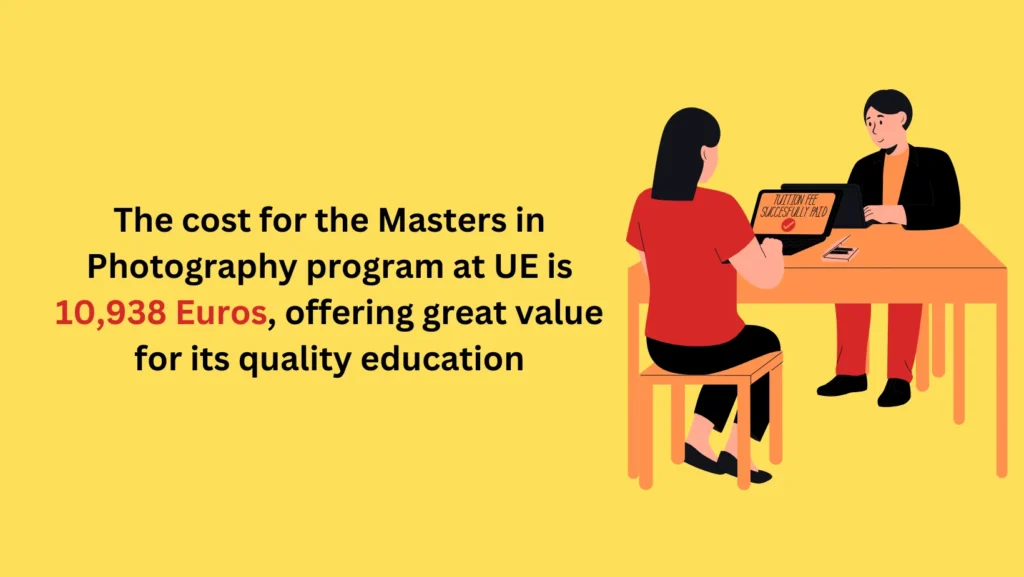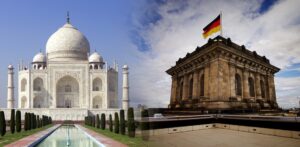Mastering Photography in Germany: A Guide to the University of Europe for Applied Sciences
Introduction
Masters in Photography in Germany have played a pivotal role in shaping the evolution of photography as an art form and a powerful medium of expression and communication. Through their innovative techniques, artistic vision, and dedication to the craft, these masters have left a lasting impact on the world of photography. In Germany, a hotspot for culture and innovation, Photography has evolved with significant contributions to art and technology. University of Europe for Applied Sciences stands at the forefront of this evolution, offering a comprehensive Masters in Photography in Germany program to nurture the next generation of photographers.
Unlock Your Potential with a Masters in Photography in Germany
Germany’s rich and diverse photographic landscape provides an ideal backdrop for advanced studies. The MA program enhances your understanding of Photography’s various applications, immersing you deeper into contemporary art practices and their requirements. It aims to refine your creative and professional scope. Through the curriculum, you are encouraged to understand the importance of Photography within cultural, political and social frameworks, fostering a unique artistic vision that resonates with current art and design movements.
The program equips you with the skills to articulate your creative endeavors and place your work within historical and critical discussions. Upon completing the Masters in Photography in Germany, you will possess the conceptual thinking and the practical ability to bring your vision to life with cutting-edge technology.
The campus offers state-of-the-art facilities and equipment to support your creative journey. It boasts well-equipped photographic and green screen studios, a traditional darkroom, a digital scanning and print studio, and film editing and sound studios. Students also have free access to photographic gear for on and off-campus projects. This collection includes digital and analog cameras, professional lighting systems, and various accessories, ensuring you have all you need to realize your projects.

Program Requirements
Admission into the Masters in Photography at the University of Europe for Applied Sciences requires a Bachelor’s degree in Photography or related fields. Prospective students must showcase a portfolio of their work, emphasizing their personal style and technical skills. Fluency in English is also a prerequisite, as it is the medium of instruction. The university values creativity, passion for Photography, and a drive to explore new conceptual frameworks in the art form.
Tuition Fees
Understanding the financial aspect of pursuing higher education is crucial. The tuition fees for the Masters in Photography program at the University of Europe for Applied Sciences are competitive and reflect the quality and comprehensive nature of the education provided. The current tuition fee is 10,938 Euros.

Why Choose Germany for Your Masters in Photography?
Opting for a Masters in Photography in Germany at the UE, offers numerous advantages. The blend of technical excellence, rich cultural heritage and a vibrant contemporary art scene provides an inspiring environment for students. Additionally, Germany’s reputation in innovation and education further enhances the value of the degree obtained from the University of Europe for Applied Sciences.
Conclusion
In conclusion, pursuing a Masters in Photography in Germany, especially at the University of Europe for Applied Sciences, is a transformative journey beyond mastering the art form. It’s a pathway to discovering your unique voice in the vast landscape of visual communication. With rigorous program requirements, manageable tuition fees and an environment that fosters creativity and innovation, this program stands as a beacon for aspiring photographers aiming to carve a niche for themselves in the global arena.
Be on your journey to mastering the art and craft of Photography in Germany and making your mark in visual storytelling.






